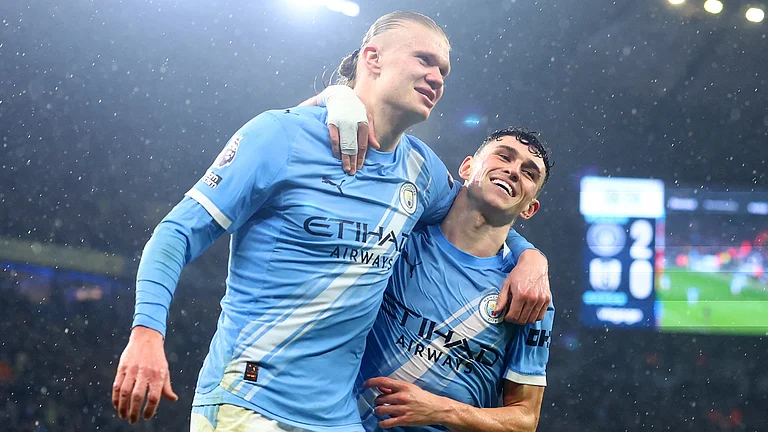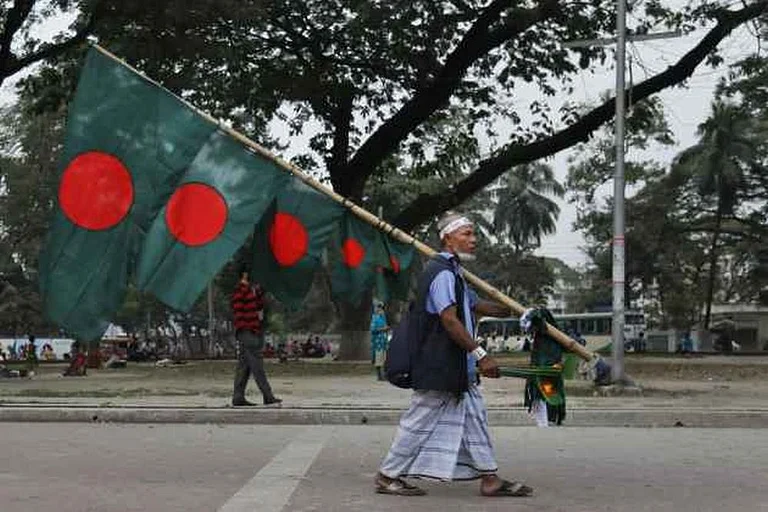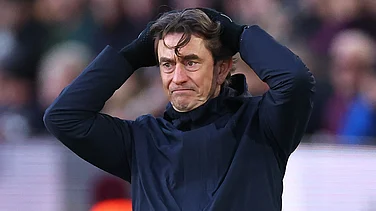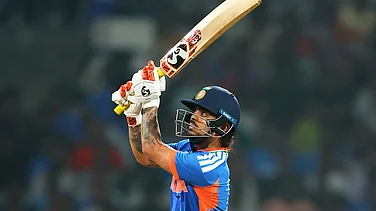The allegations of sexual harassment against Wrestling Federation of India (WFI) president Brij Bhushan Sharan Singh and some other unnamed coaches in January again brought the issue of exploitation of women athletes to the forefront. (More Sports News)
Scandals in India and abroad, such as the serial sexual abuse carried out by USA Gymnastics team doctor Larry Nassar, highlight the vulnerability of young athletes pitted against powerful coaches, administrators and officials.
Athletics Federation of India (AFI) vice-president and ex-long jumper Anju Bobby George admits that not just female, but even young male sportspersons can be susceptible to abuse.
But she insists that such incidents are an aberration and not a norm.
“I am not denying that some wrong things are happening, but a majority (of coaches, administrators) are not like that. And it is not just in sports, but in all areas of life,” the 2003 World Athletics bronze medallist told ‘Outlook’ on phone.
The 45-year-old Anju, who runs her own long jump and triple jump academy near Bengaluru, says that one needs to differentiate between sexual exploitation and allegations of harassment because the latter sometimes stem from differences in interpretation.
“See we are all exposed to these words (such as ‘harassment’ and ‘body shaming’) nowadays and for each incident there are two ways of looking at things. We don’t know what the intention of the coach is.
“I am a coach, so I know. If one of my trainees is overweight, and he/she is not able to control the weight or is not listening to coaches, then definitely the coaches will say something to them. That is not body-shaming,” said Anju. “If something happens, blaming is easy. We don’t know what was the intention. We don’t know how the athlete is taking the criticism or statement. The facts may be different [than what is alleged].”
Anju refused to comment on the WFI matter, saying a committee has been formed to investigate it.
Anju also pointed that the central government, the sports ministry and the International Olympic Council have been pushing for gender equality. Efforts are being made to provide a safe environment for female athletes.
However, it has not been a smooth process, as there simply aren’t many women coaches and administrators at the grassroot or even elite levels. During the recent Indian Olympic Association polls (IOA), it was mandatory to send one male and one female representative for the elections, and many national sports federations struggled to find suitable women candidates.
“The system is giving the support, but there is a practical problem,” Anju said. “Coaching (or administration) is very demanding, and for a lady it is a difficult task because once they are into family, then traveling and all such responsibilities become difficult.”
The 2004 Athens Olympics finalist said a change in attitude towards women sportspersons from the corporate and social perspective would go a long way in encouraging more girls taking up sport as a career.
“On the international stage, most of India’s success comes from women athletes. But still people think we are the weaker gender,” she said. “That is what sometimes leads to prize money and sponsorship disparity like in the case of the Indian women’s cricket team.”
























